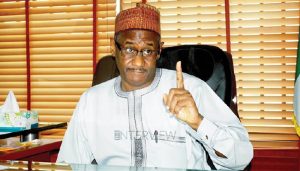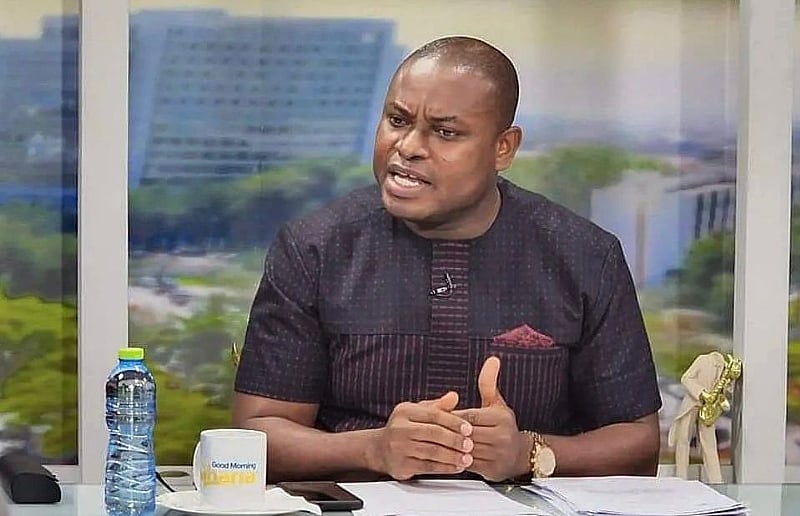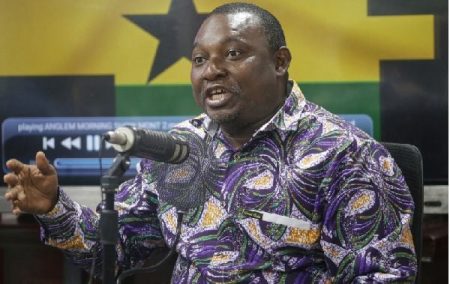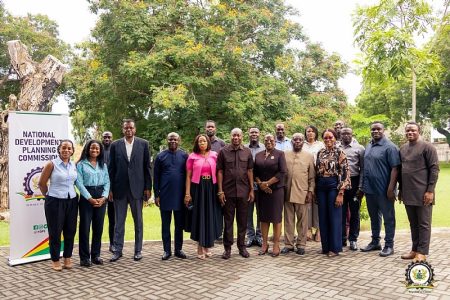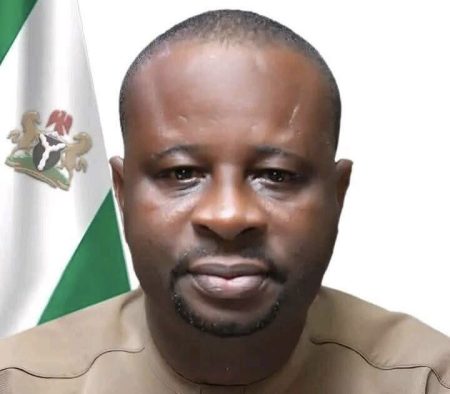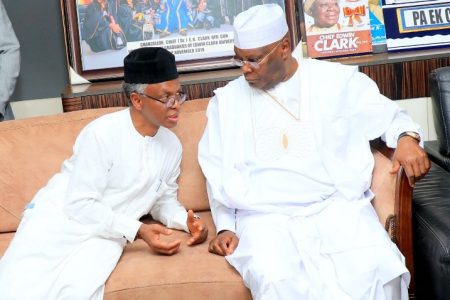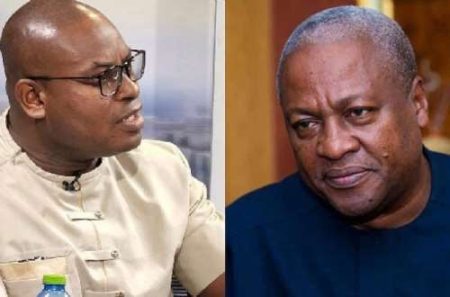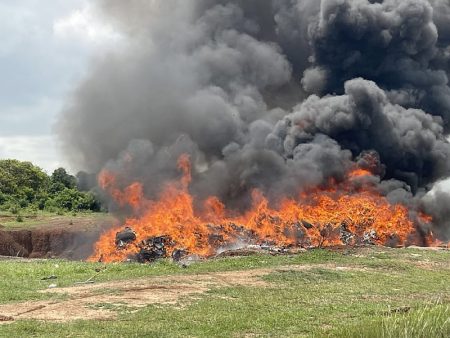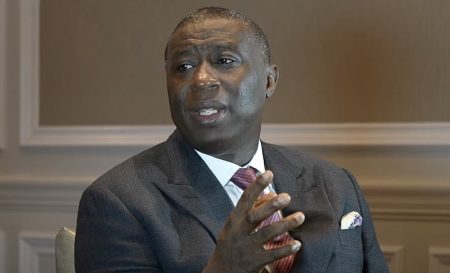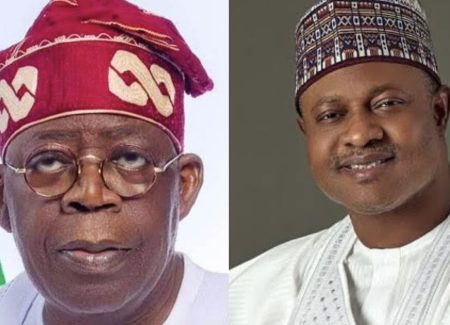The political landscape in Ghana is rife with contention over the escalating issue of illegal mining, locally known as “galamsey,” and the government’s response, or lack thereof. Richard Ahiagbah, the National Communications Director of the New Patriotic Party (NPP), the main opposition party, has publicly expressed his astonishment at President John Dramani Mahama’s inaction regarding the contentious Legislative Instrument (L.I) 2462 and his failure to declare a state of emergency to combat the pervasive illegal mining activities. Ahiagbah points to the growing chorus of voices, from civil society groups to various stakeholders, urging the President to take decisive action against the destructive practice, yet the government remains seemingly unresponsive. The NPP spokesperson contends that the galamsey situation has deteriorated significantly since the National Democratic Congress (NDC), led by President Mahama, returned to power in January 2025, further fueling the criticism of the government’s handling of the environmental crisis.
At the heart of the debate lies L.I 2462, a piece of legislation passed during the previous NPP administration. This instrument has drawn widespread condemnation for its provision allowing the Minister and the President to authorize mining activities within forest reserves. Critics argue that this provision effectively legalizes mining in protected areas, undermining efforts to preserve Ghana’s fragile ecosystems. Ahiagbah’s criticism hinges on President Mahama’s refusal to repeal this controversial law, despite mounting pressure from various quarters. He suggests that this inaction is not entirely surprising, considering the NDC’s messaging during the 2020 and 2024 presidential campaigns, implying a perceived lack of commitment to environmental protection. The NPP spokesperson’s remarks underscore the political dimension of the galamsey crisis, framing it as a failure of the current administration to effectively address a critical national issue.
Adding weight to the calls for action, the Ghana Academy of Arts and Sciences (GAAS), a respected institution, has also petitioned President Mahama and Parliament to repeal L.I 2462 and implement a complete ban on mining within forest reserves. This petition highlights the growing consensus among influential bodies on the need for stronger legal frameworks to protect Ghana’s natural resources. The GAAS’s intervention further underscores the perceived inadequacy of the government’s current approach, which has focused on amending Regulation 3(2) of the Environmental Protection (Mining in Forest Reserves) Regulations, 2022, rather than addressing the core issue of permitting mining in protected areas. This piecemeal approach has been criticized as insufficient to curb the devastating effects of galamsey.
The pressure on the government to act decisively is mounting, with civil society organizations also joining the fray. The Ghana Coalition Against Galamsey, a prominent advocacy group, has publicly urged President Mahama to declare a state of emergency in galamsey-affected regions. This call for drastic measures reflects the gravity of the situation and the perceived urgency of protecting Ghana’s environment from further degradation. The Coalition’s demand for a state of emergency highlights the perceived failure of current law enforcement mechanisms to contain the illegal mining activities, suggesting that a more forceful intervention is necessary to bring the situation under control.
The confluence of these various voices – the opposition party, esteemed academic institutions, and civil society organizations – paints a picture of widespread dissatisfaction with the government’s handling of the galamsey crisis. The criticisms leveled against President Mahama’s administration center on the perceived inaction regarding L.I 2462, the failure to declare a state of emergency, and the perceived worsening of the galamsey situation since the NDC assumed power. These criticisms underscore the complex interplay of political, environmental, and social factors driving the debate, with the future of Ghana’s natural resources hanging in the balance.
The ongoing debate over galamsey in Ghana represents a critical juncture in the country’s efforts to balance economic development with environmental protection. The strong calls for action from diverse segments of society highlight the urgency of addressing this issue effectively. The government’s response, or lack thereof, will have far-reaching consequences for Ghana’s environment, its economy, and its political landscape. The ongoing dialogue underscores the importance of robust legal frameworks, effective law enforcement, and sustained political will in tackling the complex challenge of illegal mining.




